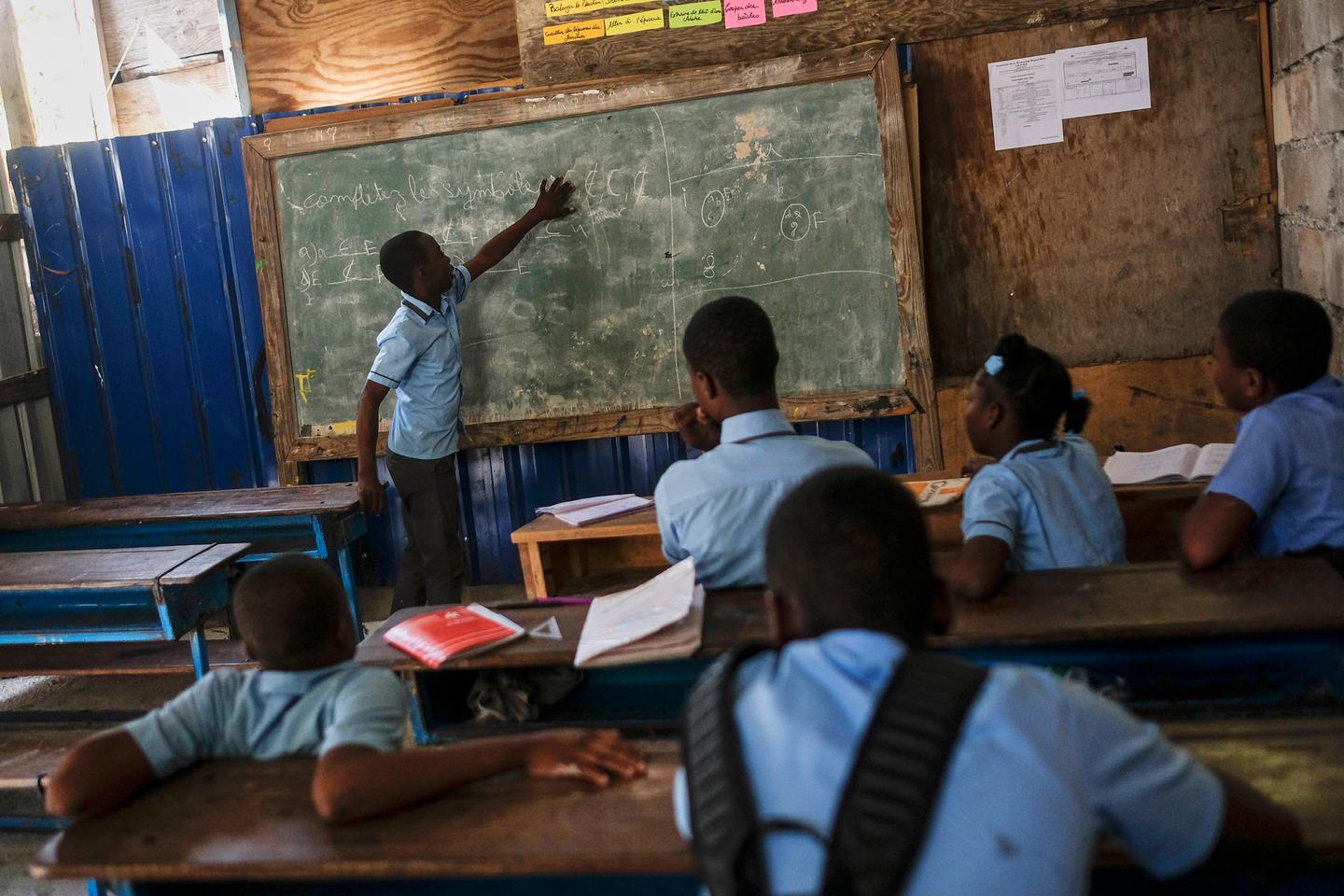


Two centuries ago, in 1825, the French state imposed a tribute on Haiti to compensate slave owners for their loss of property. This debt, which the fragile Haitian state had to struggle to repay until the 1950s, heavily crippled the country's development, and it is, today, one of the poorest in the world. All the regimes France has experienced during this period – monarchies, empires and republics – continued to collect these sums, which were paid to the Caisse des Dépôts bank in due form. All of these facts are well-documented and are contested by no one.
Let's state it outright: France owes approximately €30 billion to Haiti, and should immediately start restitution talks. The notion that France cannot afford such a payment does not hold up. While the sum is significant, it represents less than 1% of France's public debt (€3.3 trillion) and barely 0.2% of private wealth (€15 trillion): It's like a drop in the ocean.
If people are worried that the money might be misused, it could be placed in dedicated funds, earmarked for essential education and health infrastructure, as the Caribbean Community (CARICOM) countries have been explicitly proposing since 2014. This proposal was further explored in a remarkable 2023 report, published by the Centre for Reparation Research at the University of the West Indies (Kingston, Jamaica) and the American Society of International Law. Coordinated by Patrick Robinson, the Jamaican former president of the International Criminal Tribunal for the Former Yugoslavia (ICTY) and an ex-judge of the International Court of Justice, the report looks beyond the Haitian case only, and is likely the most important document published on post-slavery reparations to date.
Correcting the injustices of the past
Its conclusions, backed by figures, have since been officially endorsed by the Caribbean Community and the African Union. The very fact that they have been so little debated in Western countries reflects the alarming North-South disconnections that characterize our era.
You have 65.28% of this article left to read. The rest is for subscribers only.
